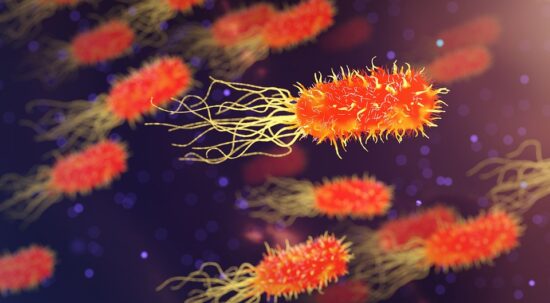Molecular Characterization of Pseudomonas aeruginosa Clinical Isolates Through Whole-Genome Sequencing: A Comprehensive Analysis of Biotypes, Sequence Types, and Antimicrobial and Virulence Genes
Pseudomonas aeruginosa (PA) is a bacterial species that can cause human infections, especially among debilitated patients. A study conducted at Prathima Institute of Medical Sciences in India identified nine PA strains from clinical specimens. The isolates showed similar antimicrobial susceptibility patterns with carbapenems and fluoroquinolone antibiotics, but discordant patterns were found with trimethoprim-sulfamethoxazole, aminoglycosides, and beta-lactamase/extended-spectrum beta-lactamase. All PA isolates showed multiple antibiotic resistance and virulence genes, including aph, aad, aac, blaPDC, blaOXA, blaVIM, catB7, fosA, qnrVC1, and crpP. The study also identified ST244, a high-risk PA strain with global significance. The study suggests that PA isolation among hospitalized patients should be carefully evaluated for high-risk sequence types and resistance and virulence genes.
AMR NEWS
Your Biweekly Source for Global AMR Insights!
Stay informed with the essential newsletter that brings together all the latest One Health news on antimicrobial resistance. Delivered straight to your inbox every two weeks, AMR NEWS provides a curated selection of international insights, key publications, and the latest updates in the fight against AMR.
Don’t miss out on staying ahead in the global AMR movement—subscribe now!







